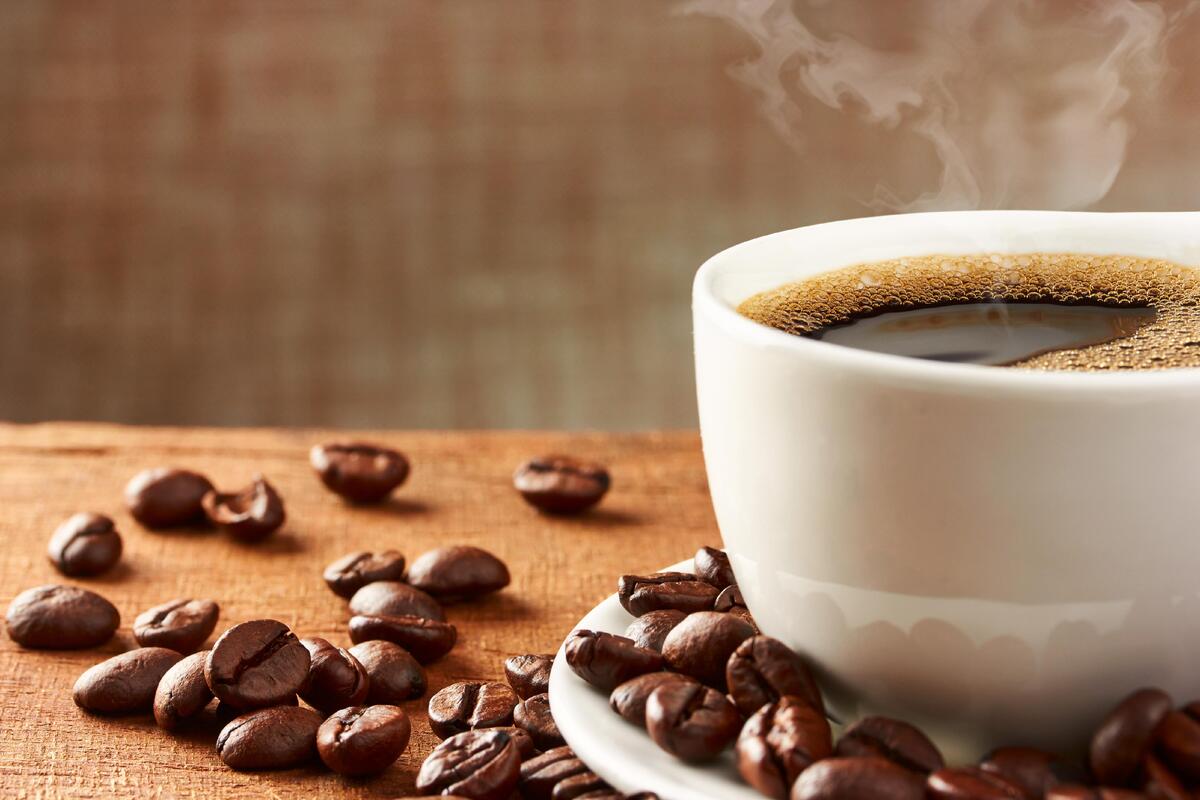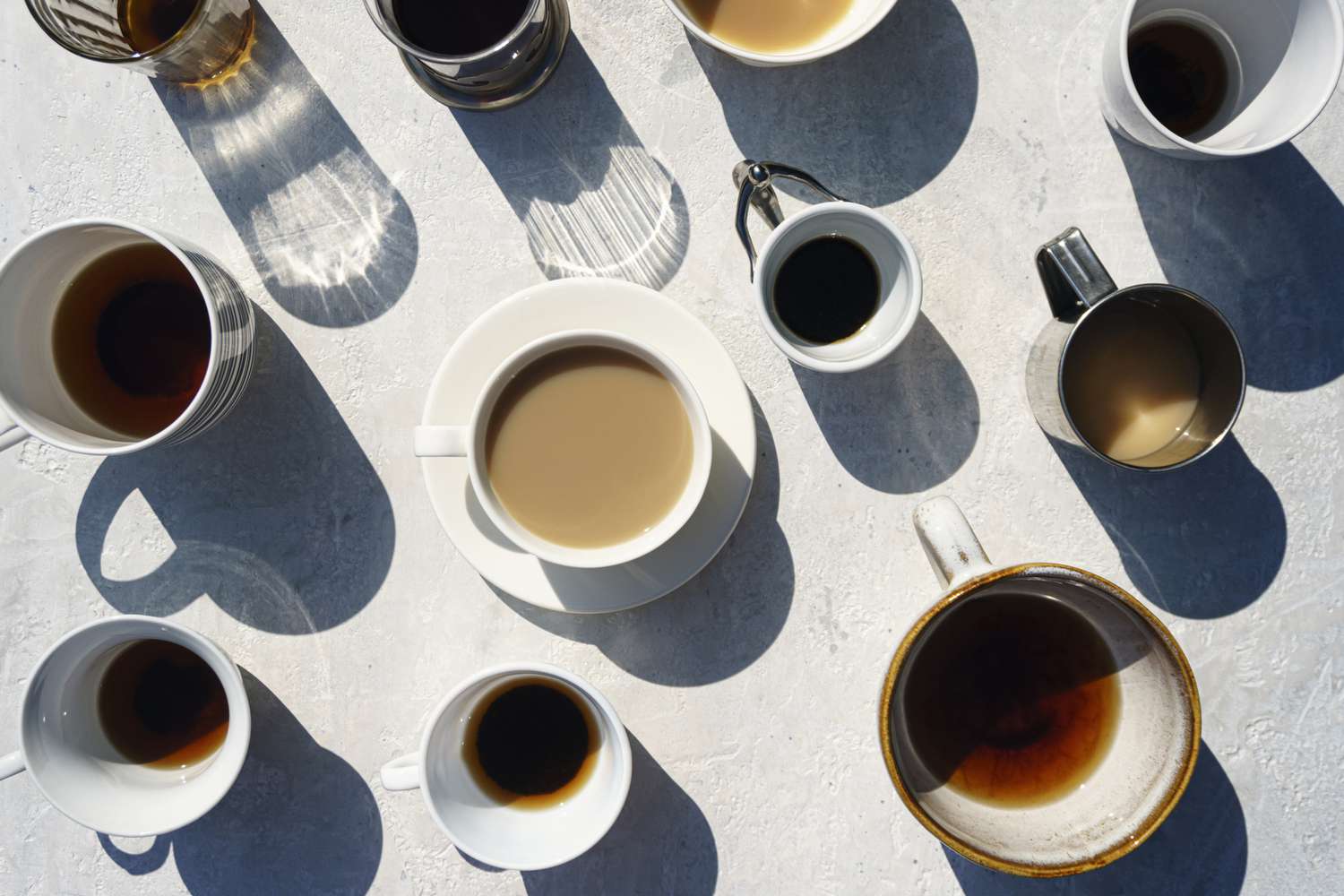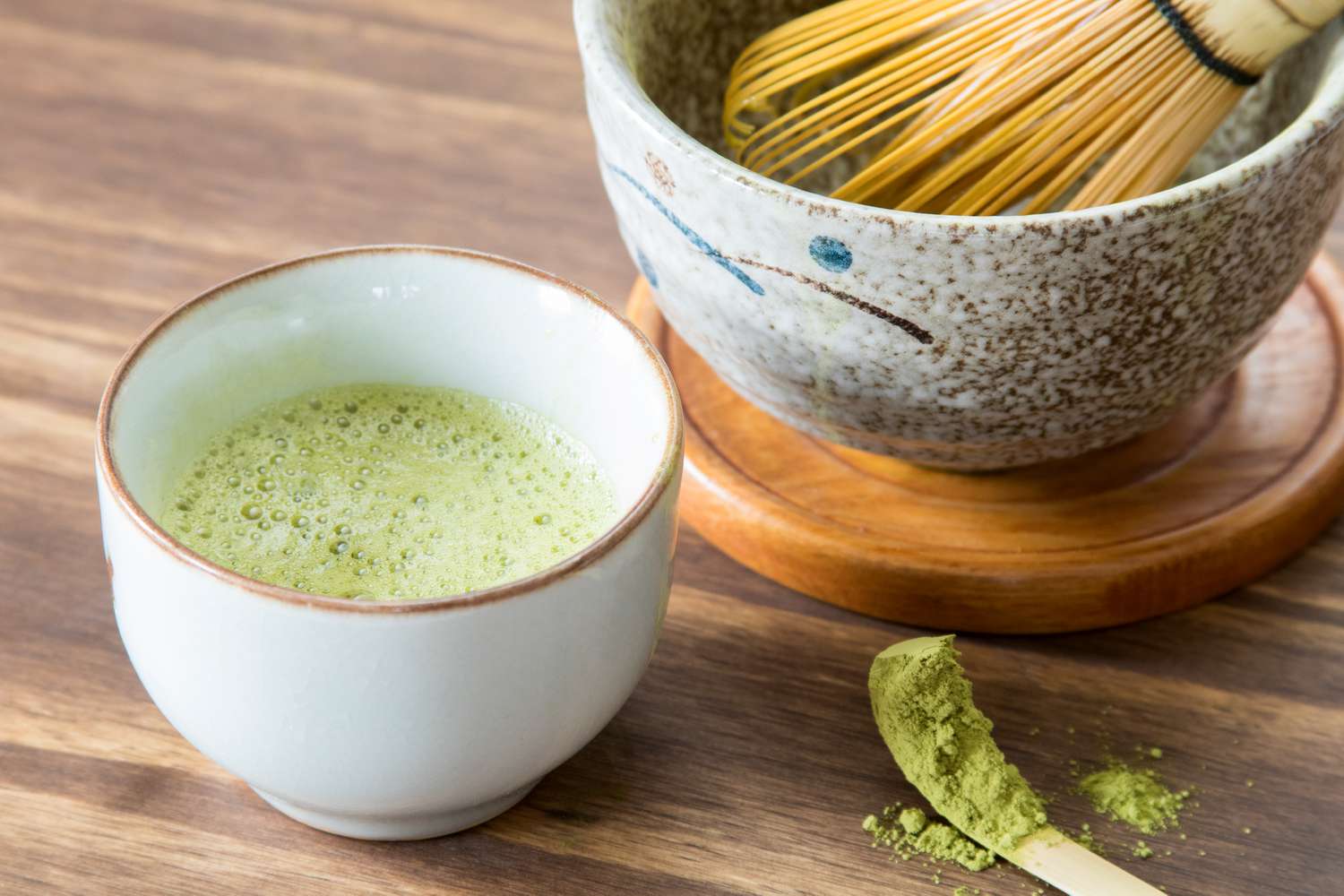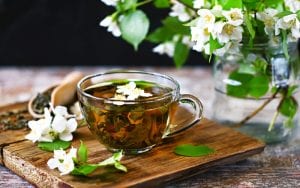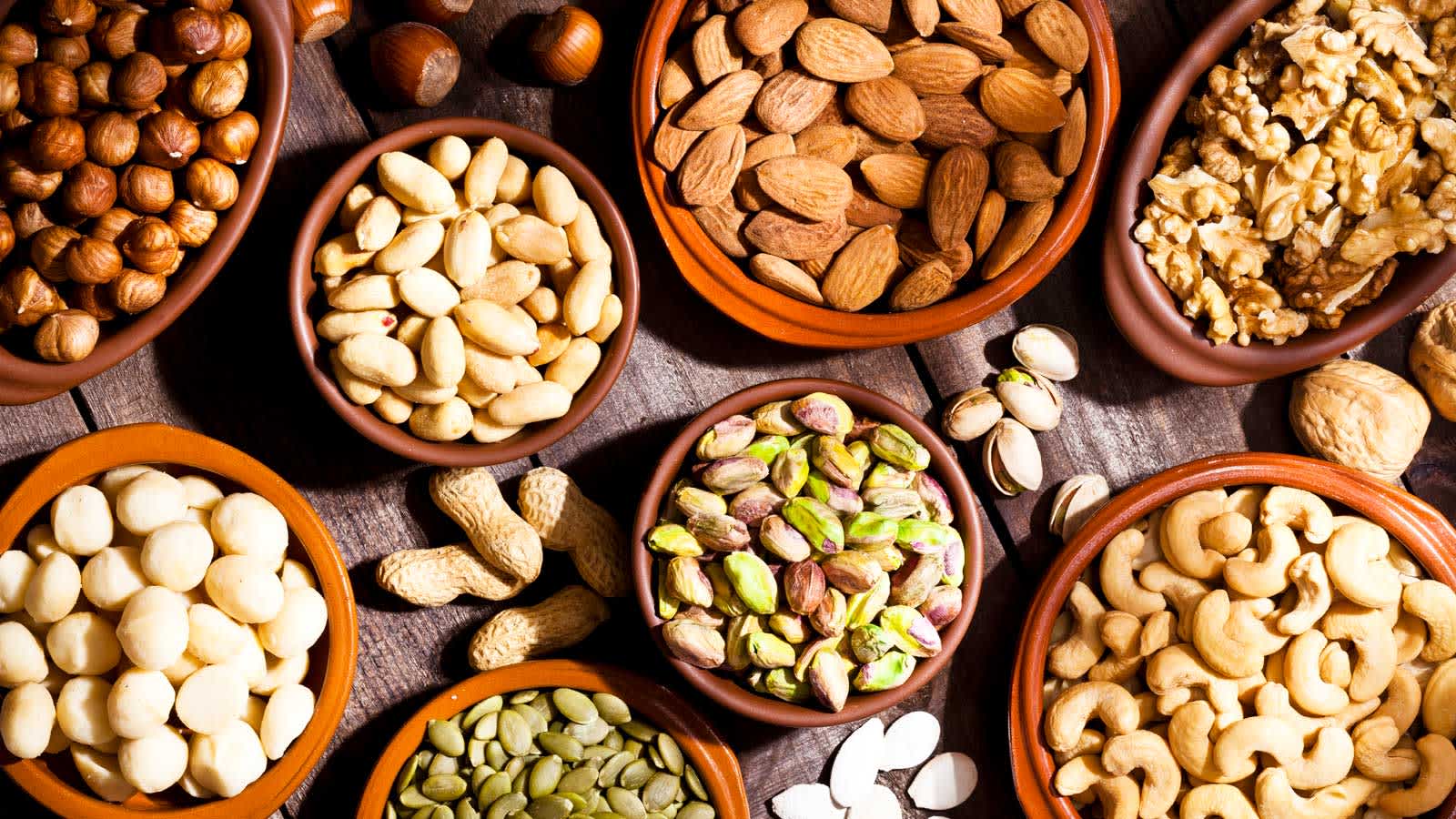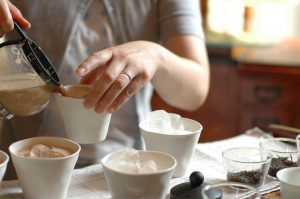How Much Caffeine Is In Tea?
Tea is a beloved and popular beverage enjoyed by many around the world. From its rich history to the wide variety of flavors and benefits it offers, tea holds a special place in our hearts. One question that often comes up when discussing tea is: How much caffeine is in a cup of tea?
Well, the answer to that question can vary depending on several factors. It’s important to note that the caffeine content in tea can differ based on the type of tea, brewing method, and even the specific brand. However, in general, tea has lower caffeine levels compared to coffee.
Types of Tea and Caffeine Levels
Here’s a breakdown of the caffeine content in some of the most common types of tea:
- Black Tea: Black tea generally contains the highest caffeine content among the different types of tea. On average, an 8-ounce cup of black tea contains around 40-70 milligrams of caffeine, although this can vary.
- Green Tea: Green tea is known for its numerous health benefits and a moderate amount of caffeine. An 8-ounce cup of green tea typically contains around 20-45 milligrams of caffeine.
- White Tea: White tea is made from the youngest tea leaves and buds, resulting in a delicate flavor profile and lower caffeine content. A cup of white tea typically contains around 15-30 milligrams of caffeine.
- Oolong Tea: Oolong tea falls in between green and black tea when it comes to caffeine content. It usually contains around 30-50 milligrams of caffeine per 8-ounce cup.
- Herbal Tea: Herbal teas, such as chamomile or peppermint, are not made from tea leaves but from herbs, flowers, or fruits. These teas are naturally caffeine-free, making them a great choice for those looking to avoid caffeine altogether.
Other Factors Affecting Caffeine Levels
While the type of tea primarily determines the caffeine content, there are a few other factors that can influence the caffeine levels as well:
- Brewing Time: The longer you steep your tea, the more caffeine will be released into the cup. If you’re looking to reduce caffeine intake, you can opt for shorter steeping times.
- Water Temperature: Hotter water generally extracts more caffeine from tea leaves compared to cooler water. Adjusting the water temperature can help control the caffeine levels to a certain extent.
- Quality and Leaf Grade: Higher-quality tea leaves might contain more caffeine compared to lower-quality ones. Additionally, tea leaves that are finely ground, such as those used in tea bags, may release more caffeine during brewing compared to whole-leaf teas.
Understanding Caffeine Sensitivity
It’s important to consider your own caffeine sensitivity when consuming tea or any caffeinated beverage. Some individuals may be more sensitive to caffeine than others, experiencing side effects like nervousness, restlessness, or difficulty sleeping. If you are sensitive to caffeine, you might want to opt for teas with lower caffeine content or caffeine-free herbal teas.
In conclusion, the caffeine content in tea varies depending on the type of tea, brewing method, and other factors. While tea generally has lower caffeine levels compared to coffee, it’s essential to consider your own caffeine tolerance and adjust your consumption accordingly. So, go ahead and brew yourself a cup of your favorite tea, and savor the moment without worrying too much about the caffeine!
